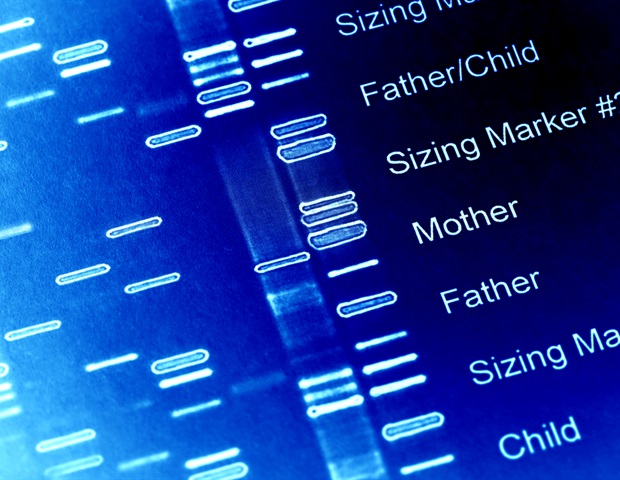Opioid misuse and specifically opioid use disorder (OUD), continues to represent a significant U.S. public health threat, with more than 6 million Americans aged 12 and older meeting the criteria for OUD in 2022. Efforts to ease the crisis have included the development of genetic testing to identify individuals most at risk for OUD.
New research, out today in JAMA Network Open, questions the usefulness of 15 genetic variants from an algorithm meant to predict OUD risk that was recently granted pre-marketing approval by the Food and Drug Administration. It found that the testing could lead to both false positive and false negative results.
The study was led by Christal Davis, PhD, a postdoctoral fellow at the Philadelphia-based Crescenz VA Medical Center and Henry Kranzler, MD, a professor of Psychiatry and the director of the Center for Studies of Addiction.
These findings underscore the need for more robust and complete data, particularly given the complex nature of psychiatric conditions, including OUD. The potential harms deriving from a faulty genetic test for OUD include both false negatives and false positives.”
Henry Kranzler, MD, Professor of Psychiatry and Director of the Center for Studies of Addiction
For example, if the test wrongly identifies patients as being at low risk of OUD, they may have a false sense of security taking opioids, and providers may prescribe opioids to those who could become addicted. Patients who falsely test for a high risk of OUD may be denied an effective form of pain relief, in addition to potentially facing stigma.
The case-control study drew upon health record data from more than 450,000 participants with opioid exposure in the Million Veteran Program (MVP), including more than 33,000 individuals with OUD. It showed that the 15 single nucleotide variants (SNVs) purported to predict OUD risk were not useful in identifying OUD, as they had high rates of both false negative and false positive results. With 47 of 100 cases misidentified, the results are equivalent to a coin toss.
A related letter by a group of psychiatric geneticists, including Drs. Davis and Kranzler, was recently published in Lancet Psychiatry. It outlines key factors that regulators should consider for this and future proposed genetic testing for OUD and other psychiatric disorders. These considerations include the significant environmental contribution to psychiatric disorders and how differences in genetic ancestry and an individual’s life experiences need to be considered when predicting risk for OUD or other psychiatric disorders.
This study was supported principally by the Million Veteran Program, a research initiative of the U.S. Department of Veterans Affairs that studies how genes, lifestyle, military experiences, and other exposures impact health and wellness in veterans, with grant support provided by the awards I01 BX003341 and IK2 CX002336 from the VA; the VISN 4 Mental Illness Research, Education and Clinical Center; grant K01 AA028292 from the National Institute on Alcohol Abuse and Alcoholism, and grant P30 DA046345 from the National Institute on Drug Abuse.
Source:
Journal reference:
Davis, C. N., et al. (2025). Utility of Candidate Genes From an Algorithm Designed to Predict Genetic Risk for Opioid Use Disorder. JAMA Network Open. doi.org/10.1001/jamanetworkopen.2024.53913.
Source link : News-Medica

